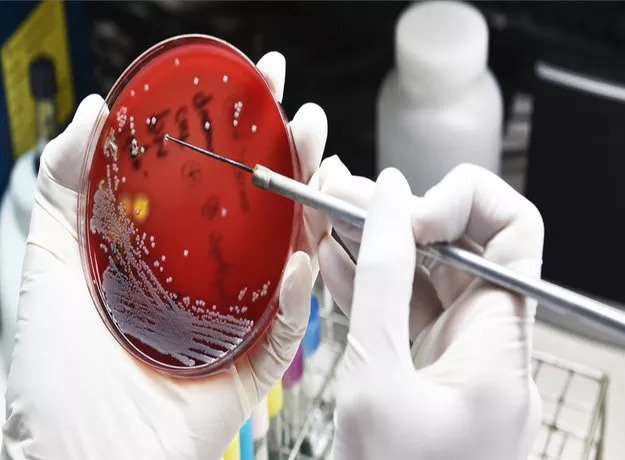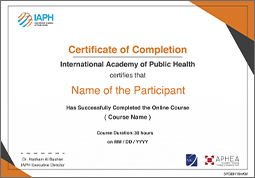Antimicrobial Resistance-Level 1
Description
It is important to recognize that laboratory work and clinical experience must be closely integrated; thus, laboratory-associated clinical duties are an essential component of the training program.
This course aims to provide candidates with a theoretical foundation as well as the practical, technical, clinical, and managerial skills required for health care professionals to detect and manage antimicrobial resistance.
Learning Outcomes
- Describe the basic classification/nomenclature system(s) of microorganisms
- List and compare common methods for isolation, identification and antimicrobial susceptibility testing of microorganisms
- State the basic mechanisms of antimicrobial resistance
- List those pathogenic microorganisms that currently present major treatment challenges due to antimicrobial resistance
- Describe strategies to identify problematic pathogens in a given institution and propose actions to address those challenges to patient care
- List guidelines for assembly of institutional antibiograms and describe potential pitfalls in interpretation of these reports
- Describe and list procedures utilizing antibiogram information to identify and track resistance problems, make appropriate antimicrobial formulary decisions, and to prepare optimal clinical pathways at a given institution
- Pathogenic Microorganisms
- Identification of Microorganism
- Antimicrobial Mode of Action
- Pathogen Isolation and Antimicrobial Sensitivity
- VITEK and PCR Tests
- Antimicrobial and Susceptibility Tests
- Disc Diffusion Method

Duration:
30 Learning Hours
Accredited By:


Certificate

Are you interested in the course?
Get notified once the course is open by clicking on
Antimicrobial Resistance-Level 1
Thank you for registering your interest! We appreciate your enthusiasm for this course. As soon as it becomes available, we will reach out to you with all the details. Stay tuned!